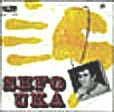

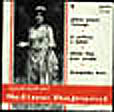
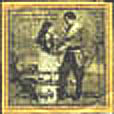
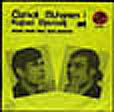
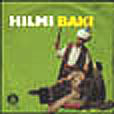
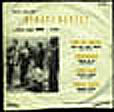
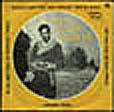


Vlasina 2000
Program Koncerta
[contents] [Site forward] [Site backward] [contact]
| Roma Musicians |
| Like all other Roma groups, the Kosovo Roma have a rich
musical tradition. In Kosovo, like everywhere in Eastern Europe, Roma
musicians have been playing at celebrations of the "Gadsche" (non-Roma),
Serbians as well as Albanians, for generations. In the 1980s, when the
conflict between Albanians and Serbs escalated, Roma musicians integrated
Greek, Indian and South American (Lambada) rhythms into their music and
so created a new international style of music, enjoyed by both Albanians
and Serbs. The music of the Kosovo Roma has kindled the interest of music
historians and ethnologists. Svanibor Pettan (Ljubljana) wrote his dissertation about the Roma musicians of Kosovo at Ann Arbor (USA). The music ethnologist Mozes Heinschink (Vienna) has collected an extensive archive of Roma music in Kosovo. The most famous musician in Kosovo was Serif Cano, who died in 1991. Sami Koko (saxophone), Redjet Karac (accordion), Agret Koka (guitar), Nedjip Prokutlja (violin), Suljo Salihi (clarinet), Galjus Bayram (oboe) and the sitar player Galjus Shania-who was particularly popular with the Turks and Albanians-were all well-known members of the TV and Radio Orchestra Pristina. Like other Roma, Roma musicians taught in academic settings. Prof. Ismet Jasarevic taught violin, played in the orchestra in Pristina where he was the head of the most famous music school in Kosovo. The Rom Erguin Zumberi was professor of music theory in Pristina. And the choreographer Saljan Arapi, who was well known in Yugoslavia, studied in Belgrade. |
|
"Romsky Trio": Prof. Ismet Jasarevic (violin) with his daughter Lutvija Jasarevic (violin) and his son Amir Jasarevic (piano). The trio plays classical European music. Photo: Archive Ackovic |